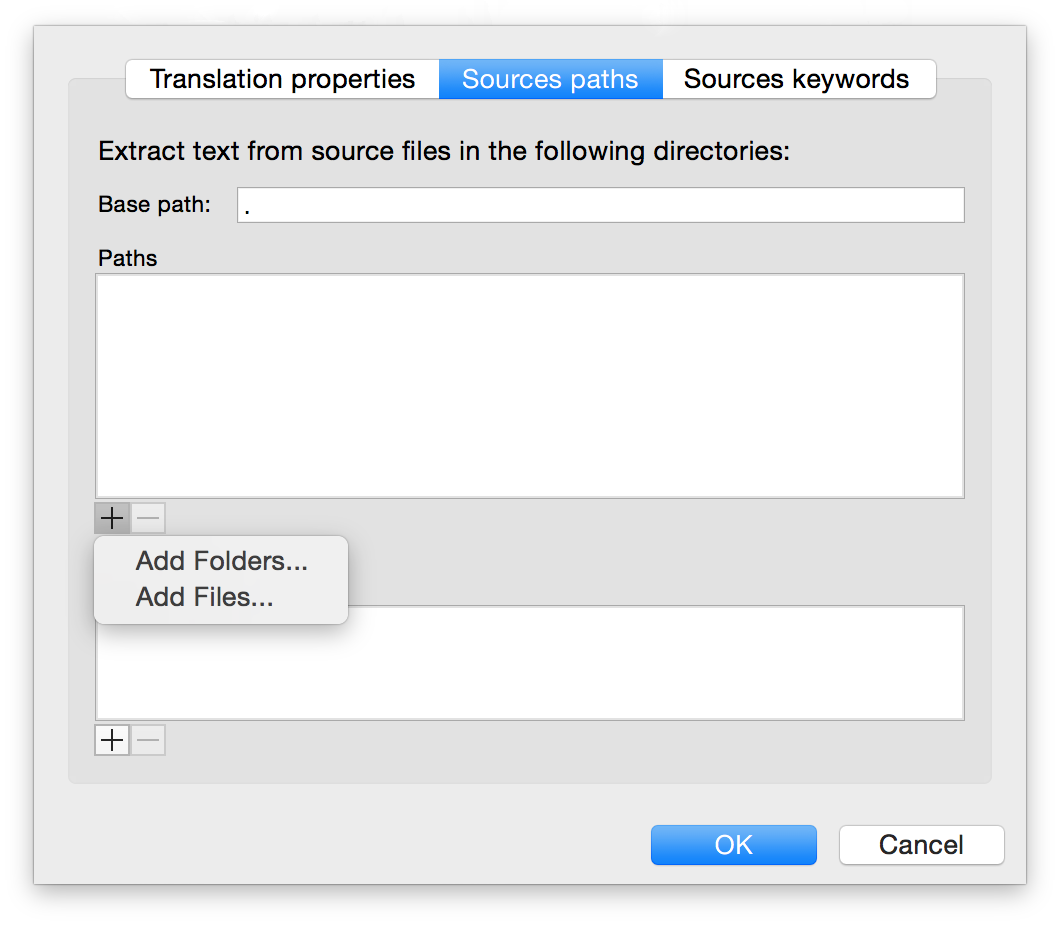

Generating PO files with Laravel & translating Blade templates New features and improvements are added to existing ones on a regular basis 's technical support is tailor-made to every user's needs. The user-friendly translation interface gives translators all the tools they need to efficiently translate the content of an app or website. 's open API will allow users to easily sync their language files. Setting up translation projects will only take a few minutes before translators can actually start translating. Working online ensures that only the newest content is translated, and that every team member is on the same page: translators receive notifications every time there is new content to translate or proofread and your translations are always updated when new content is added to your website, app or software.
#Online poedit software#
With the aim of helping software companies to manage their localization process, allows users to host their language files online and allows a team of translators to work on these files online.

#Online poedit code#
I wrote the following code to simply set the WooCommerce MO file to the woocommerce-en_US.mo file that I copied to the same directory as the plugin is an online localization tool combining software translation project management and translation interface in a single online platform. I check this variable in the ‘ override_load_textdomain‘ filter function and can return ‘ true‘ to override the. Putting the code into a class allowed me set a member variable when the ‘ load_textdomain_mofile‘ filter was called and the custom MO file loaded. In my test installation it was called 22 times on one page load – called by WordPress, the theme, WooCommerce and the Query Monitor plugins. The load_textdomain() function is called multiple times. This is primarily to help me identify the file’s purpose and locale. I renamed my MO file to woocommerce-en_US.mo. This function is defined in wp-includes/l10n.php and it has the ‘ load_textdomain_mofile‘ filter to allow changing the path of the MO file that is loaded. I searched the WooCommerce source for load_textdomain() and found it in includes/class-woocommerce.php. Next is to figure out where to put the MO file so that WooCommerce will load it. The MO file is quite small – only 601 bytes as it only contains the changed strings. I then compiled them into a MO file with Poedit. I changed these to be a little more personal: This message is made up of 2 strings: ‘ %s removed‘ and ‘ Undo?‘ from includes/class-wc-form-handler.php.

When I removed an item from the cart I found strings that cannot be changed with a filter or template file. The WooCommerce team have done an excellent job.

Every string I examined could be changed via a filter or template file. I went through the WooCommerce front end, viewing products, adding them to the cart and proceeding to checkout. Change some strings and create the MO file I chose “ English (United States)” and began my changes. MO file that I will create (it’s not a requirement but it’s good for organisation). The ‘ en_US‘ will be used in the filename of the. When I run this it reports Locale: en_US aka English – United States. As I’m not changing the language I must determine what locale (aka ‘ language‘) WordPress is running as. When I click ‘ Create new translation‘ it prompts me for the translation language. At the bottom of the screen I see this message:Ī POT file is not available to edit – it must be copied to a PO file and it will be edited with the translations. I downloaded and installed the Poedit translations editor and opened the wp-content/plugins/woocommerce/i18n/languages/woocommerce.pot file in it. This is the starting point for our translation This file has no translations in it (all the msgstr strings are empty). WooCommerce provides a POT file (a template file for a PO file).
#Online poedit how to#
These strings are available for translation but what if you want to change them while keeping everything in English? (or your current active language) How to ‘translate’ into English Despite this, there are a few strings that are hardcoded in the core code. WooCommerce provides a lot of actions, filters and templates to allow developers make extensive changes to WooCommerce online shops. The same concept works for other plugins and themes. Use a PO and MO file to change some hardcoded WooCommerce strings.


 0 kommentar(er)
0 kommentar(er)
